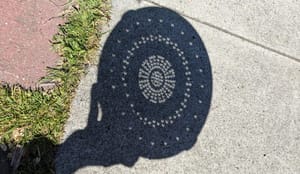David Weinberger has a very eloquent, pointed comment on the most recent academic plagiarism scandal. I love the disclaimer at the end.
One comment, however: When you use the term “intellectual property,” you’ve already lost the argument. That term, by likening copyrights and patents to real property, gives them an implicit permanence, concreteness, and totality that they’ve never had, until now, either in the Constitution or in subsequent legal history.
Historically, patents and copyrights were always conceived of as limited monopolies, granted by the government in exchange for certain concessions to the public good (specifically, that the works would pass into the public domain after a limited period of time, and that “fair use” would not be infringed). The term “intellectual property” effectively obviates that tradition and flips the argument, as if by judo, into a zone where the “owners” of copyrights and patents hold all the cards, and those who are interested in intellectual freedom and the free exchange of ideas are relegated to the status of trespassers, vagabonds, and communists.
I haven’t done research on this but it would be very interesting to find out at what point the term “intellectual property” gained currency, and who first started using it.
